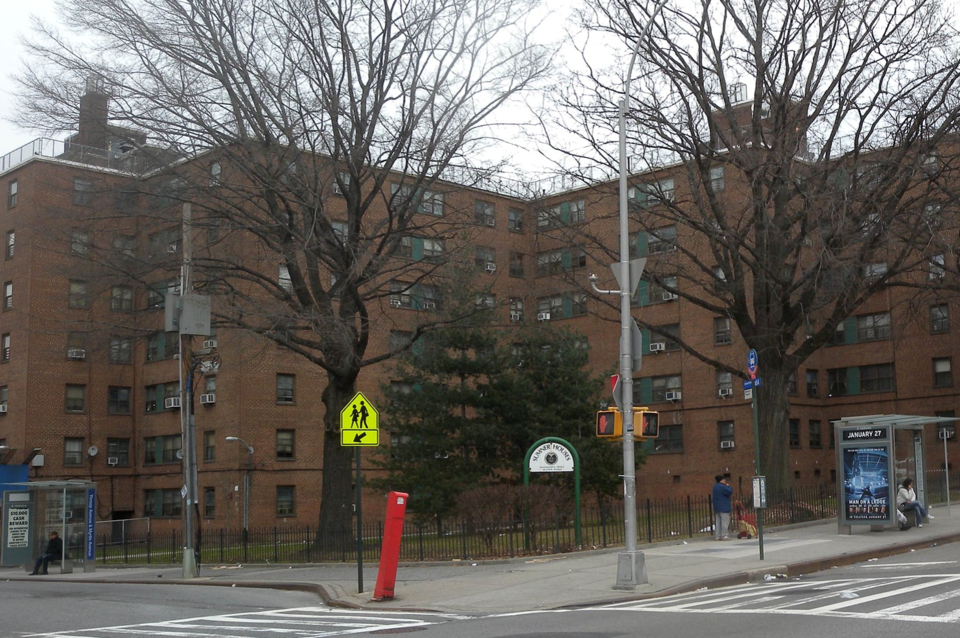Oct. 1, 2022, marked the official first day of winter heating season across New York City, which is in effect until May 31, 2023.
During this period, building owners in NYC have to maintain an indoor temperature of at least 68 degrees between 6:00am and 10:00pm, when the outdoor temperature drops below 55 degrees. In addition, indoor temperatures must be at least 62 degrees regardless of the outside temperature.
To prepare for this year's winter heating season, the New York City Housing Authority has announced that it would be conducting annual preventative maintenance on public housing across NYC, which includes work on 99 developments in Brooklyn — 58,422 apartments and 131,024 residents total in Brooklyn, according to city data from 2019.
The maintenance NYCHA will be conducting includes cleaning, lubricating, adjusting, repairing and replacing any worn equipment components. NYCHA said this will ensure the equipment and mechanical areas are both in satisfactory conditions, as well as up to city and state standards.
By working on preventative maintenance and repairs, NYCHA said it is looking to ensure that the residents in public housing are provided with heat and hot water, which are critical services, especially during the cold winter months.
Already, ahead of the 2022-2023 winter heating season, NYCHA has completed more than $7.8 million in operational investments across three different areas. These areas include distribution, equipment replacements and boiler plant upgrades.
In addition to preventative maintenance plans, NYCHA also announced it will be increasing its staffing coverage as well.
The public housing authority will be hiring 70 maintenance workers and additional field supervisors. It will also add four electrical teams, as well as 25 roving skilled trades teams that would be deployed, should an outage occur, at any of the public housing properties.
NYCHA also announced it will be incorporating a neighborhood-based model, simply called "The Neighborhood Heating Model."
This new model will reorganize the housing developments from 13 clusters — which is the current model — to 25 neighborhoods. The housing authority said this will allow heat supervisors and administrators to better understand the heat and hot water system needs of housing developments in each neighborhood.
To combat potential heating outages, NYCHA said it also has a reserve of mobile water boilers. The housing authority currently has 23 mobile boilers attached to developments, and nine mobile boilers in reserve that are ready to be accessed should they be needed.
For more information about NYCHA, click here.




